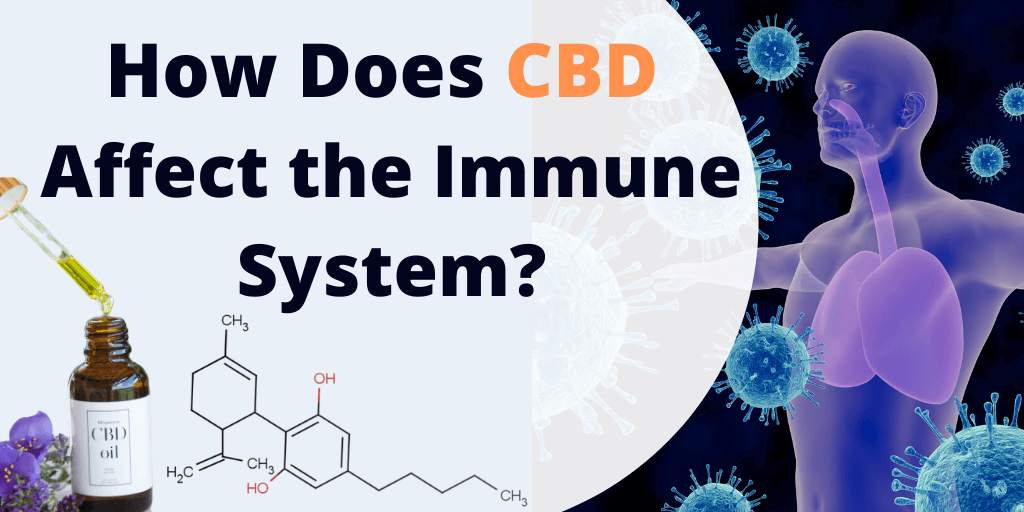Though a relatively new product in the market, CBD has received a lot of attention. Part of this comes from it being a derivative of cannabis, and part of this comes from its potential in treating autoimmune conditions. Scientists are still exploring how it impacts the human body, but it has been shown to have multiple health benefits. However, how exactly does it interact with the immune system? What are its uses (and potential side effects)? To browse the various CBD products available on the market.
What is CBD?
Cannabidiol, often referred to as CBD, is an extract of the hemp or marijuana plant. It is one of approximately 113 identified compounds present in marijuana. As opposed to the better-known THC, CDB is not psychoactive and does not trigger euphoria or the feeling of being “high,” but rather promotes feelings of ease and well-being in consumers. CBD is typically extracted from hemp, which contains only trace amounts of THC. Along with several other hemp-based products, CBD became legal under the 2018 Farm Bill. It may be sold as a tincture, as pills, or a liquid solution. Typically, CBD oil is sold in tinctures composed of the extract itself and some sort of carrier oil, such as hemp or coconut oil.
How Does the Immune System Work?
Our immune system is what keeps us from succumbing to the myriad of viruses, bacteria and infectious diseases that we are exposed to each day. In order to fight off or prevent infection, the body produces white blood cells. There are two main classes of white blood cells. The first, phagocytes, attacks any unfamiliar substance in the body. The second, lymphocytes (also called T- Cells), remembers and attacks any previously encountered foreign antibodies, helping the body to develop an immunity to viruses and other infectious diseases. One of the body’s natural responses to a foreign pathogen is inflammation. This helps to isolate the pathogen so that white blood cells can target and eradicate it more readily. The immune system also identifies and kills off malfunctioning cells within the body, which helps to maintain homeostasis and prevents the
growth of tumors.
What Are Autoimmune Diseases?
Unfortunately, the immune system may sometimes mistakenly attack healthy cells or may
overreact to relatively minor infections. Autoimmune conditions, such as diabetes, rheumatoid
arthritis, lupus and HIV/AIDS, are made painful or even life-threatening because of this
response. The body’s inflammatory response may cause considerable discomfort to individuals
with autoimmune conditions.
The Endocannabinoid System
The final key to how CBD interacts with the immune system is found in the newly discovered endocannabinoid system, or ECS. The ECS is made up of neurotransmitters distributed throughout the central nervous system. While scientists are still unsure of the full range of this system’s functions, it uses receptors and cannabinoids to help maintain balance between the body’s different systems and regulate physiological processes—including the immune system. CBD and other derivatives of cannabis function precisely because they are chemically identical to the cannabinoids produced by your body’s ECS.
CBD and the Immune System
CBD is probably best known as an anti-inflammatory. Inflammation is the body’s natural response to infection and helps to isolate infected areas, but sometimes the body’s inflammatory reaction is too strong and can result in pain. CBD has already been used by patients to treat pain and inflammation caused by autoimmune conditions like arthritis.
In general, CBD acts as an immunosuppressant and immunomodulator. As an immunosuppressant, CBD suppresses the production of cytokines, chemokine, and lymphocytes. Cytokines are proteins that have a signaling function, helping to control inflammatory responses and white blood cell production. Chemokines are a class of cytokines that attract white blood cells to the site of an infection. Lymphocytes, as mentioned before, are a kind of white blood cells that play a large role in immunity by remembering antigens.
While none of these sound like something you want your body to stop producing, having too many can be harmful as well. Both autoimmune conditions and aging can compromise the proper function of your immune system. Giving your ECS a boost with CBD can help to restore proper functioning. CBD can also notify the immune system when it mistakenly attacks healthy cells and tissue, which in part explains how well it helps in the treatment of autoimmune conditions. It can also aid the immune system in identifying and eliminating dysfunctional cells and prevents cells from multiplying too rapidly. These functions help to prevent the growth of tumors.
What Else Can It Do?
In addition to its effect on the immune system, CBD has other benefits. It is sometimes consumed in lower doses to help treat depression, anxiety and insomnia. Like all compounds that interact with the ECS, CBD may help with the generation of new nerve tissue and slow the degeneration of older nerve tissue. Its antioxidant properties help to protect nerve tissue in general, and it has been used in the treatment of traumatic injuries. CBD may also help treat some of the symptoms of multiple sclerosis and may reduce cravings in individuals with a history of drug use. CBD has also been used to treat seizures related to epilepsy and other neurological disorders, though it is not common clinical practice.
A Final Note
As mentioned earlier, the benefits and risks of taking CBD are still being explored. Any negative side effects of the use of CBD tend to be mild and include tiredness and diarrhea. Pregnant women should also avoid using CBD. Regardless, talk to your doctor to ensure that you should be using CDB, especially given that it may have negative side effects in combination with medication. CBD tinctures are also not regulated as medication, but nutritional supplements,
which means that their contents are not as strictly regulated as medicine and should be approached with more caution. Regardless, CBD presents many potential benefits, and as a totally natural substance could be an important alternative medicine in the future.

